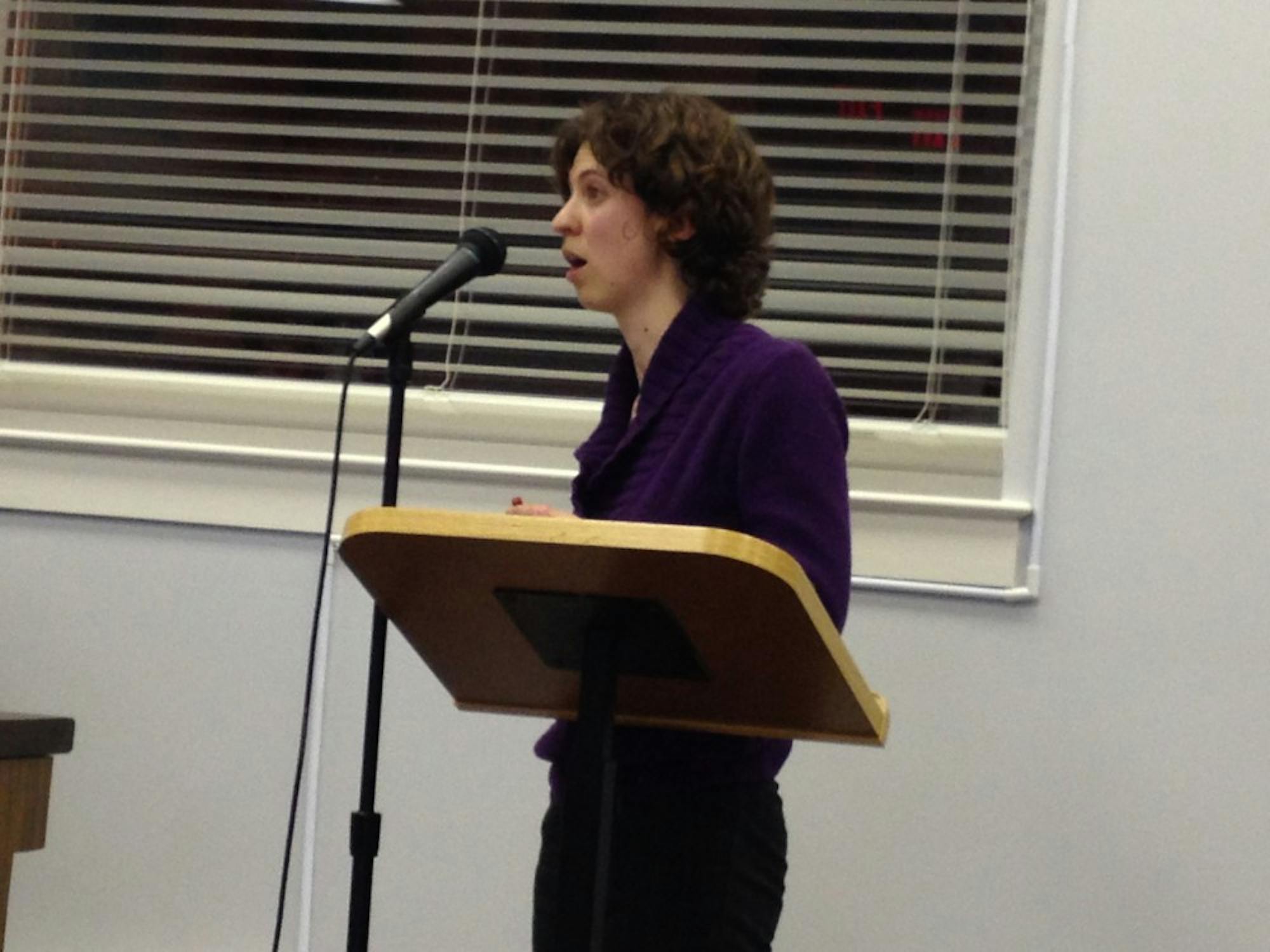Ypsilanti City Council passed the first reading of the “Food Production Amendments” ordinance—omitting all wording pertaining to “hoophouses” or “greenhouses”—at its Feb. 19 meeting.
Ypsilanti City Planner II, Teresa Gillotti, gave a presentation to the council addressing the food processing, production and sales ordinance changes proposed at the Dec. 4 meeting.
City Attorney John Barr also explained how the Right to Farm Act
pertained to the ordinance and that the city could only control zoning of urban gardens.
Gillotti explained the changes would permit the regulated use of hoophouses on residential lots for food production and raised flower beds, which some residents currently have but are not “officially” allowed, though “culturally” accepted. It would also allow for the growth of edible plants, which are not currently allowed in the front yard, and provide for temporary community garden use on vacant lots.
According to Gillotti, potential benefits to the interim gardening of vacant lots are greenhouse gas reduction, as stated in the city’s climate action plan, and economic growth for people who are able to grow produce to sell at the local farmer’s markets.
Hoophouses would extend the Michigan growing season by providing a controlled environment for plants, but some citizens and council members had concerns about size, maintenance, pests, generators, growing lights and other equipment of an agricultural nature.
Annie Hannon, Ypsilanti resident and previous nursery owner, said
hoophouses are big structures and that she doesn’t want one next to her house. She also said she has concerns about pest control.
Ypsilanti resident Kathy Bodary said her concerns were related to the upkeep of the hoophouses in the event of weather and wind damage, safety of small children and noise and light pollution.
“People have a right to peaceful occupation of their homes,” Bodary said.
Jaime Berlin, resident and urban beekeeper, said she has lived in the city for 13 years and while she doesn’t currently own property, the agricultural growth of the city would be a key influence for her to make Ypsilanti her permanent home.
Berlin said she thinks this ordinance is in line with the direction the city is trying to go in terms of innovative initiatives that will continue to draw vitality to the community.
Stephanie Stauffer, an urban farmer and resident, said she thinks that the ordinance puts Ypsilanti on the map as a city that is moving forward and thinking differently about the future, especially in the area of food production.
“We have a bee ordinance. We have a chicken ordinance. So we’re actually ahead of the curve,” Stauffer said.
Stauffer said she also believes extending the growing season through the use of hoophouses provides an excellent opportunity for people to increase their own food security as well as supplying locally grown food to restaurants and stores.
Amanda Edmonds, executive director of Growing Hope located at 922 West Michigan Ave. in Ypsilanti, addressed some of the concerns with hoophouse operation saying they don’t require electricity, use of fans is rare and that lighting is usually not used except in instances of safety concerns.
Edmonds also serves on the Michigan Food Policy Council and said the Right to Farm Act would not apply in this case because it was developed for large-scale farming.
After two hours of discussion, the council decided to take out the hoophouse parts for lack of understanding the scope of the amendment. Mayor Pro Tem Lois Richardson abstained from the vote saying she had questions about other aspects of the ordinance.
The use of hoophouses is expected to be discussed further by the council and could be adopted into the ordinance at a later date.
For a full reading of the meeting minutes visit: cityofypsilanti.com








